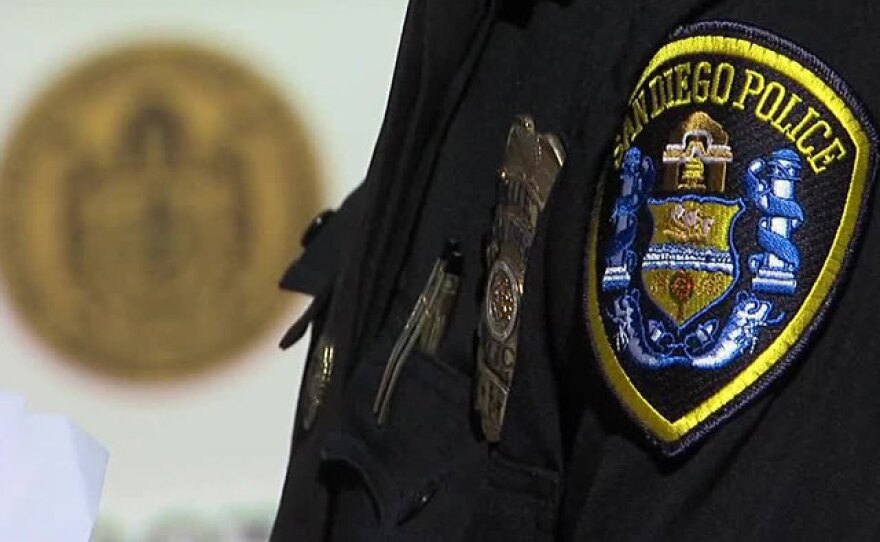More than a year after San Diego voters overwhelmingly passed Measure B, which authorized the creation of an independent citizen police oversight board, a draft ordinance setting up the Commission on Police Practices is finally moving forward.
On Friday, the San Diego City Council's Public Safety and Livable Communities Committee unanimously voted to advance a newly amended draft to the full council.
“I believe that we have crafted an ordinance that meets the spirit and intent of Measure B and also is legally permissible,” said Council President pro Tem Monica Montgomery Steppe, who chairs the committee.
RELATED: Measure B To Form Independent Police Review Commission Passes
It’s a small first step that’s been long in coming — but not everybody in the community is happy about it.
An initial draft of the ordinance was released last June. That draft was sent back for revisions and a new one was released last week. But then on Thursday, just 24 hours before the committee meeting on Friday, yet another draft was published.
More than 90 residents community members called during the meeting’s public comment asking for additional revisions and more time to review the newly amended ordinance.
“It was good that there were amendments made,” said Andrea St. Julian, who authored Measure B and has been working to implement it. “But, you know, 15 hours is not enough time to really analyze it, and I think the community really deserves ... another week to 10 days to allow people time to really digest it.”
RELATED: Committee Agrees To Re-Do Police Oversight Ordinance After Community Backlash
In response to the community critiques, Montgomery Steppe asked that St. Julian and others have patience with the process.
“I'm grateful for the input and as I have really trusted the community and taken that input,” Montgomery Steppe said. “I would just ask for the extension of that same trust and commitment as I have to in my position to evaluate the law.”
The draft prepared last week included some of the changes community advocates were calling for, such as the inclusion of two youth seats on the commission.
“We're really thankful and excited to see that two youth seats are included in this new ordinance,” said Yasmeen Obeid, a youth organizer at Mid-City CAN. “At the same time, we recognize that there needs to be critical amendments in order to make this ordinance ready to be passed to the larger City Council.”
RELATED: Police Reform In San Diego A Year After George Floyd's Death
Specifically, the current draft of the plan does not allow people with felony convictions to serve on the commission, a restriction that advocates say should be removed. It also doesn't address community concerns about how the city’s collective bargaining with police unions could impact the commission's work.
Councilmember Raul Campillo asked to add two additional amendments to strengthen the commission’s access to original sources during investigation and create a pathway for community members to advocate for commissioners. Those amendments were approved.
Councilmember Marni von Wilpert also addressed community concerns regarding felony exclusions and promised that the full council would continue to work through these issues.
“I am committed to this and I will not bring something forward and support it unless it was truly going to make change,” said Council President pro Tem Montgomery-Steppe. “I am asking the community to trust that at this time.”
RELATED: San Diego's Police Reform Measure Passed, What Happens Next?
A town hall is being planned for sometime in the coming weeks so council members can receive more community input before approving a final plan.







